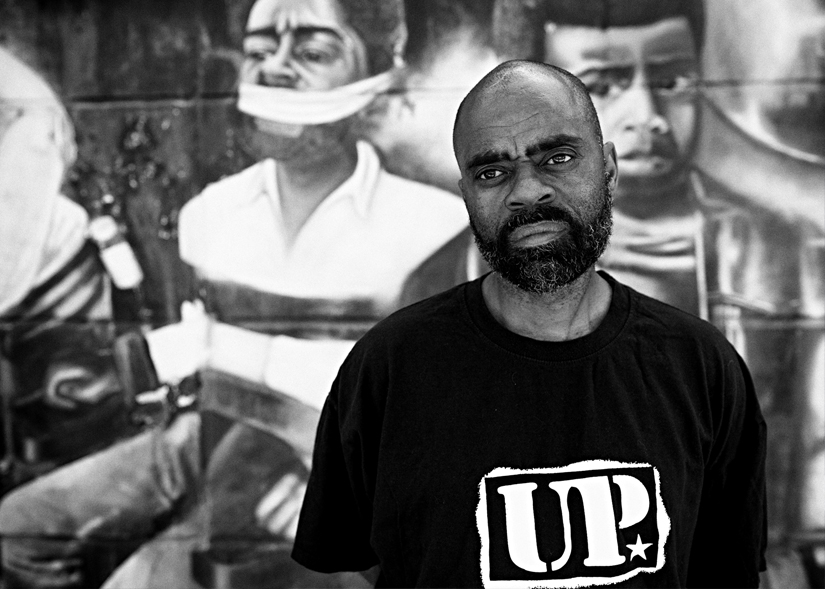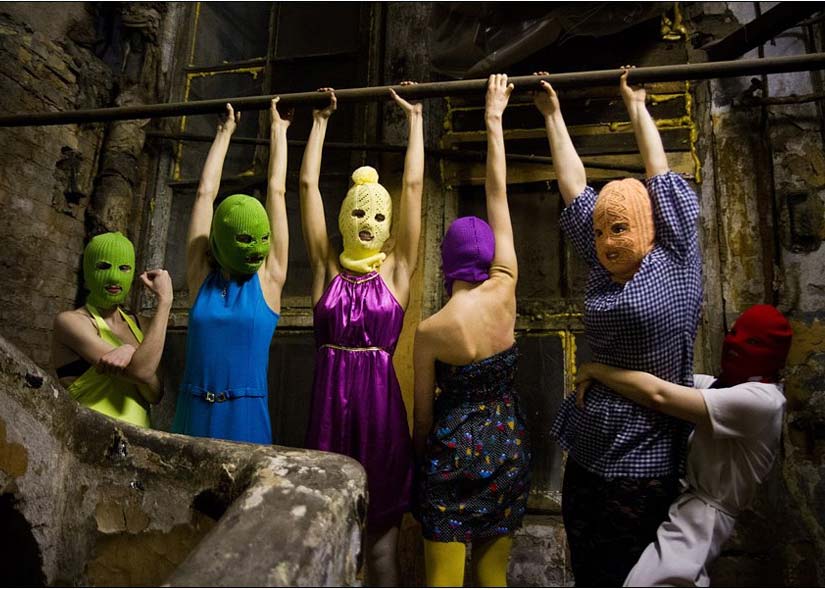[Feature] Freeway Ricky Ross: Hustlers Mentality
Photo by Andres Herren
Fourteen years ago in Florida, a correctional officer by the name of William Leonard Roberts II had grown tired of the long hours, low pay and disrespect that being a prison guard afforded. A fan of hip-hop, Roberts decided to try his hand at the craft and, to further pad his perceived 'thug' hip-hop persona, adopted the name of famed drug dealer 'Freeway' Ricky Ross, who at the time was in jail on charges of international cocaine trafficking. Soon, he popped up on Slip n' Slide Records, discussing the finer points of moving large amounts of narcotics across the American borders with heavy bravado, big claims for a man who had been working for the man just months before. If you bought an album named Mastermind by an artist named 'Rick Ross' last week, you've been duped.
In 1998, while Roberts II was trying on the name Rick Ross, tailoring it to his needs, the man who's name was hijacked was in prison, doing all he could to piece his life back together and right the connotations he had perpetuated for the moniker.
"I couldn’t sell drugs now, not knowing what I know today,” said Freeway in an interview we did over the phone last October. "At the same time when I look back at my knowledge and circumstances at the time, I really had no choice.”
[Video] Pussy Riot Visits The Colbert Report
One of the biggest stories to hit the international registry over the past few years was the jailing of the all-woman punk rock band Pussy Riot by the Russian government in early March following a wild punk-inspired protest at the Cathedral of Christ the Savior of the Russian Orthodox Church in Moscow. The court case garnered international attention as the world's focus narrowed on human rights abuses by the Kremlin, making the three imprisoned Pussy Riot members international celebrities in the process.
Russia is again in the spotlight as of late, the twenty-second running of the Winter Olympic games begins in Sochi, Russia in just two days. On December 23, 2013, the last two members of Pussy Riot, Nadezhda Tolokonnikova and Maria Alyokhina, were released from prison. The release was viewed by many as a public relations move for the regime, plagued by allegations of human rights abuses towards women and homosexuals, as well as several explosions that rocked train stations near the site of the games last month. Upon her release, Alyokhina said to the New York Times, "I think this is an attempt to improve the image of the current government, a little, before the Sochi Olympics — particularly for the Western Europeans. But I don't consider this humane or merciful. This is a lie." Tolokonnikova added, "Whether one likes it or not, going to the Olympics in Russia is an acceptance of the internal political situation in Russia, an acceptance of the course taken by a person who is interested in the Olympics above all else — Vladimir Putin." The trio, who have vowed to not perform musically anymore, appeared last night on The Colbert Report to discuss their experiences and what's next for them and Russia proper. Watch the video below.
[iframe id="http://media.mtvnservices.com/embed/mgid:cms:video:colbertnation.com:432806" height="400" width="100%" frameborder="0"]



